Lord David Owen, possibly our finest living former foreign secretary, was interviewed on Tuesday 13 September by Martin Bruce, former headmaster of Christ Church cathedral school in Oxford, as part of the Rye Arts Festival.
Lord Owen’s book, Riddle, Mystery, and Enigma is the first full account of the historical relationship between Britain and Russia over the last two centuries. It is written with insight and sound judgement is to be found on every page. What makes it especially significant at present is of course the Russian invasion of Ukraine and all the consequences of that action world-wide. The more we in the west can try to understand the Russian president, what motivates him and what he is likely to do, the better; so this is a history book full of absolutely current relevance.
Martin’s first question, about George Canning, elicited the response from Lord Owen, “That’s perceptive.” Martin had three more key players for Owen to talk about, Winston Churchill, Yuri Andropov and Boris Yeltsin. All played vital roles in the history of the relationship between Russia and Britain.
Lord Owen spoke with conviction and it was fascinating to learn about the people he had become close to in his time as Foreign Secretary. The audience clearly enjoyed his insights into some of the big political figures of our times, often delivered with humour.
All Martin’s questions to Lord Owen hit the mark, enabling him to explore different avenues of discussion. At one point he said to the audience, “He certainly has read the book!” Indeed he had and enjoyed it greatly. The historical relationship between Britain and the giant Russia is woefully-under explored and Owen’s book fills that gap by exploring the military, geopolitical, and diplomatic aspects of that relationship.
In summary, at the end of a wonderful session that could easily have gone on longer, so captivating was the speaker and so interested the audience, Martin observed that what particularly distinguishes Riddle, Mystery and Enigma is that the author brings to bear in it not just his ability as a writer of history, but his accumulated experience of politics and politicians; he had met and knew many of the significant individuals, including, for example, Vladimir Putin himself.
Image Credits: Kt bruce .



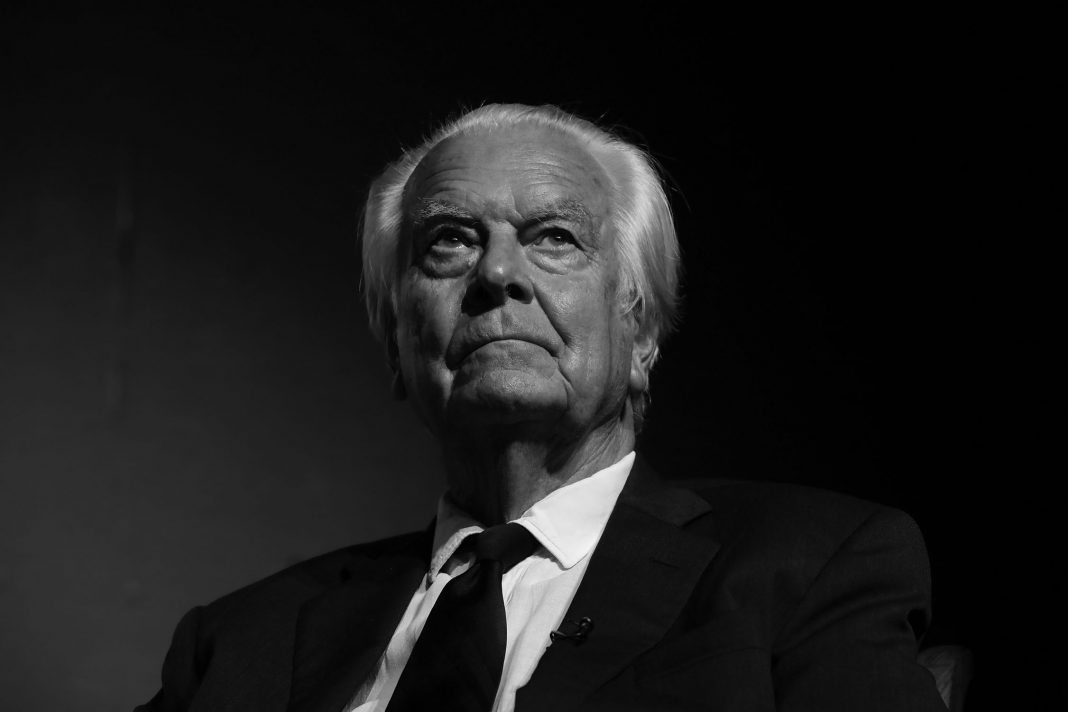
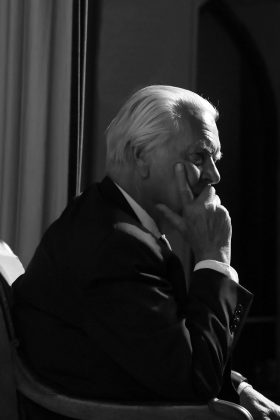
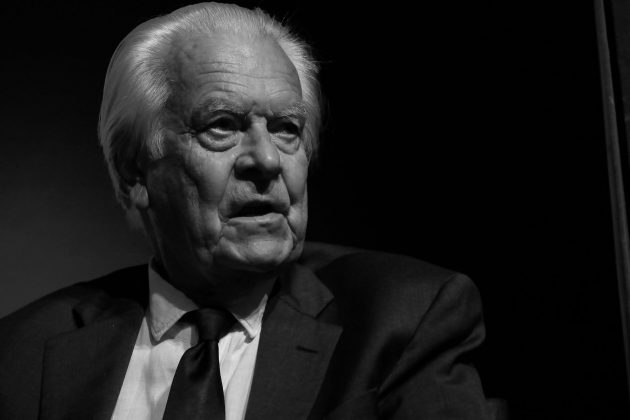
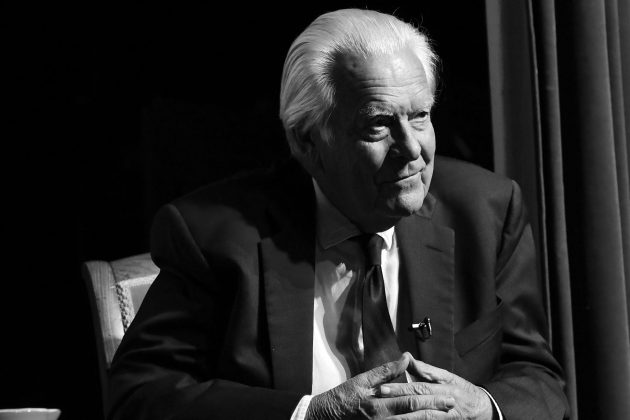
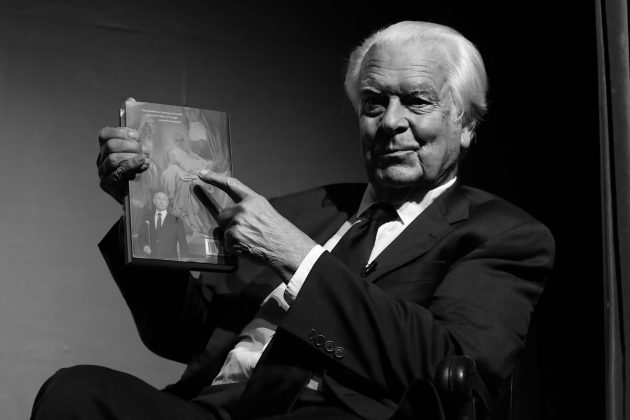
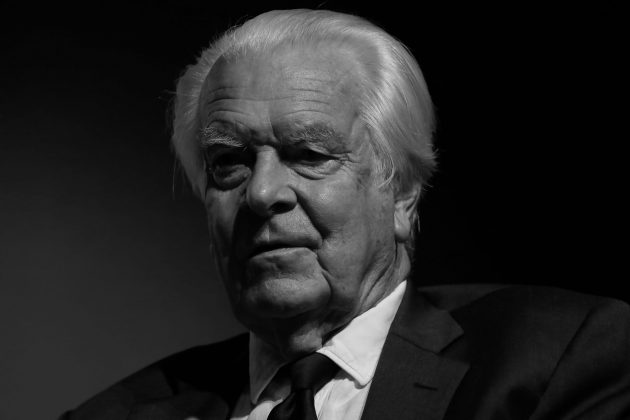
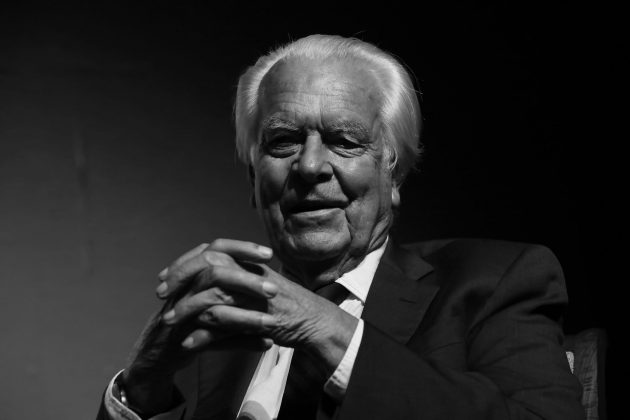
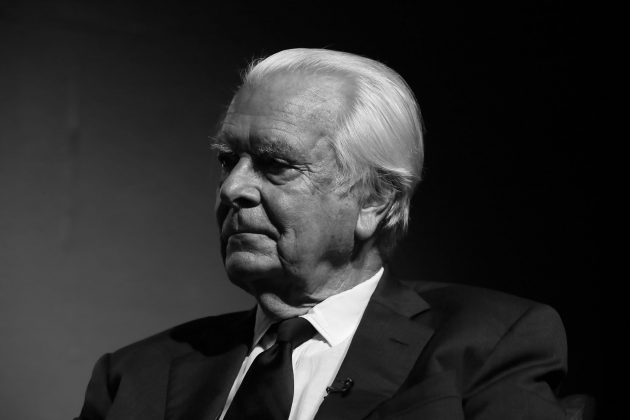
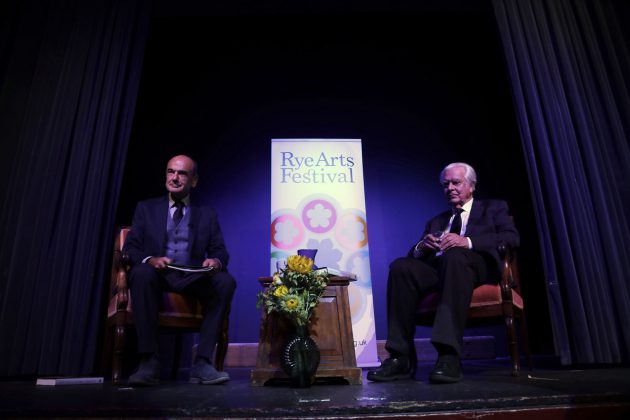
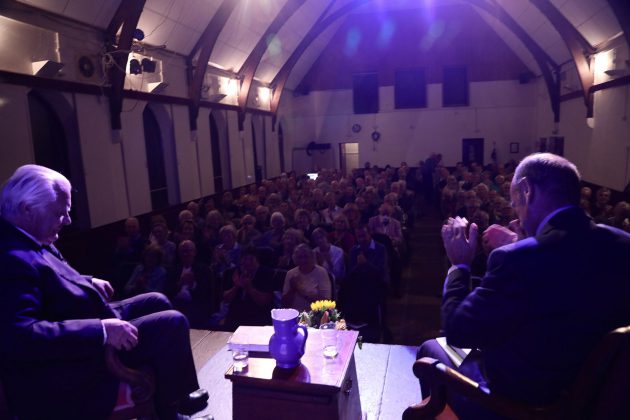
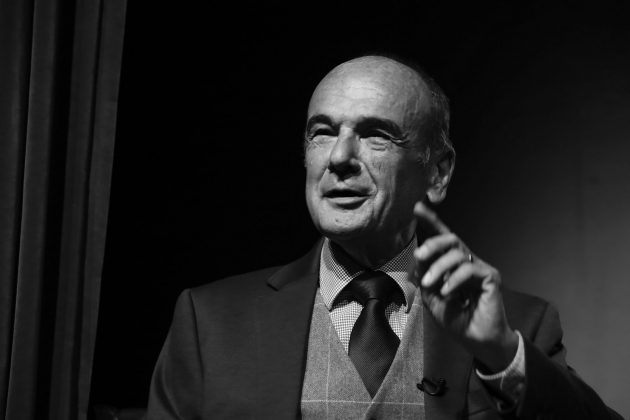
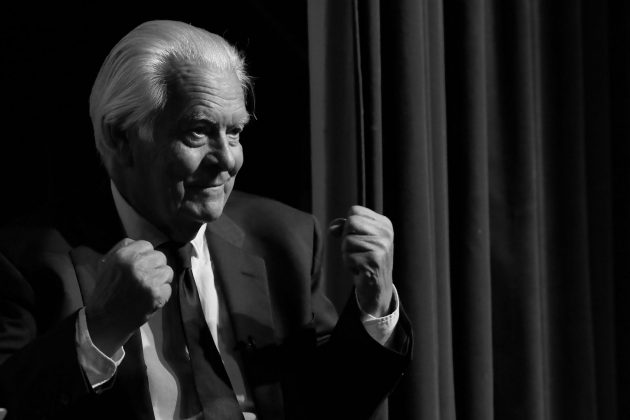
Sorry to have missed that. Must buy the book!
For those interested in a bit more about what Lord Owen said about recent Russian developments:
Regarding the Ukraine war, Owen’s view was that the Biden administration will deal with Russia ‘very successfully’, although the former Foreign Secretary conceded the complexity of the situation made it difficult to predict the outcome. Given Ukraine’s recent territorial gains, the current position represented “a strange mix of optimism and fear”.
US president Biden has reportedly said his country will do all it can to assist Ukraine, short of starting World War 3. If Russia attempted anything against NATO, it was likely the US would respond with a massive barrage of conventional weaponry, Owen speculated. Russian leaders had historically been highly reluctant to engage in a nuclear exchange, he said.
While “we have to be very careful in interpreting the swings and roundabouts of this war,” Owen went on to say he was encouraged by the way NATO’s unity had been built up, describing it as “a huge success story”. He felt Antony Blinken had proved an effective US Secretary of State who had been wise to give weight to the Baltic States and Poland’s advice on Russia rather than the French and German positions.
In effect, the historic NATO strategy of containing Russia was working in the current conflict, Lord Owen told his Rye audience of about 170 people.
Other positives, he said, were that Germany had now committed to greater military spending, the UK was supporting Ukraine with arms and Finland and Sweden were joining NATO. Angela Merkel’s much-criticised decision to make Germany dependent on Russian gas was now seen as a huge mistake.
Significantly more territory would need to be won back by Ukraine and even if Ukraine emerged on top “it will require magnanimity in victory” and probably a territorial settlement before the war could end.
“That’s up to the Ukrainian president,” Lord Owen declared.
He said Putin remained “a hugely clever and ruthless person” and a complex individual who was attempting to resurrect a greater Russia. Interestingly, Owen detected signs the Russian leader might be attempting to build a theocracy in Russia along with the Orthodox Church.
Referring to his own medical training as a neurologist, Lord Owen also made an intriguing observation about Ukraine’s President Zelensky, commenting that medical research had found that comedians’ brains work very different to the norm. The implication is that Zelensky’s unique way of thinking could be proving an invaluable asset to his country at a time of war.